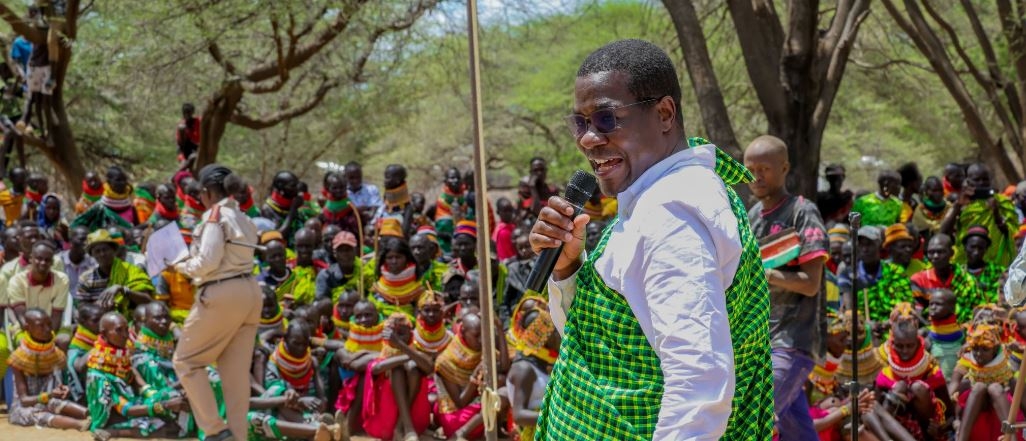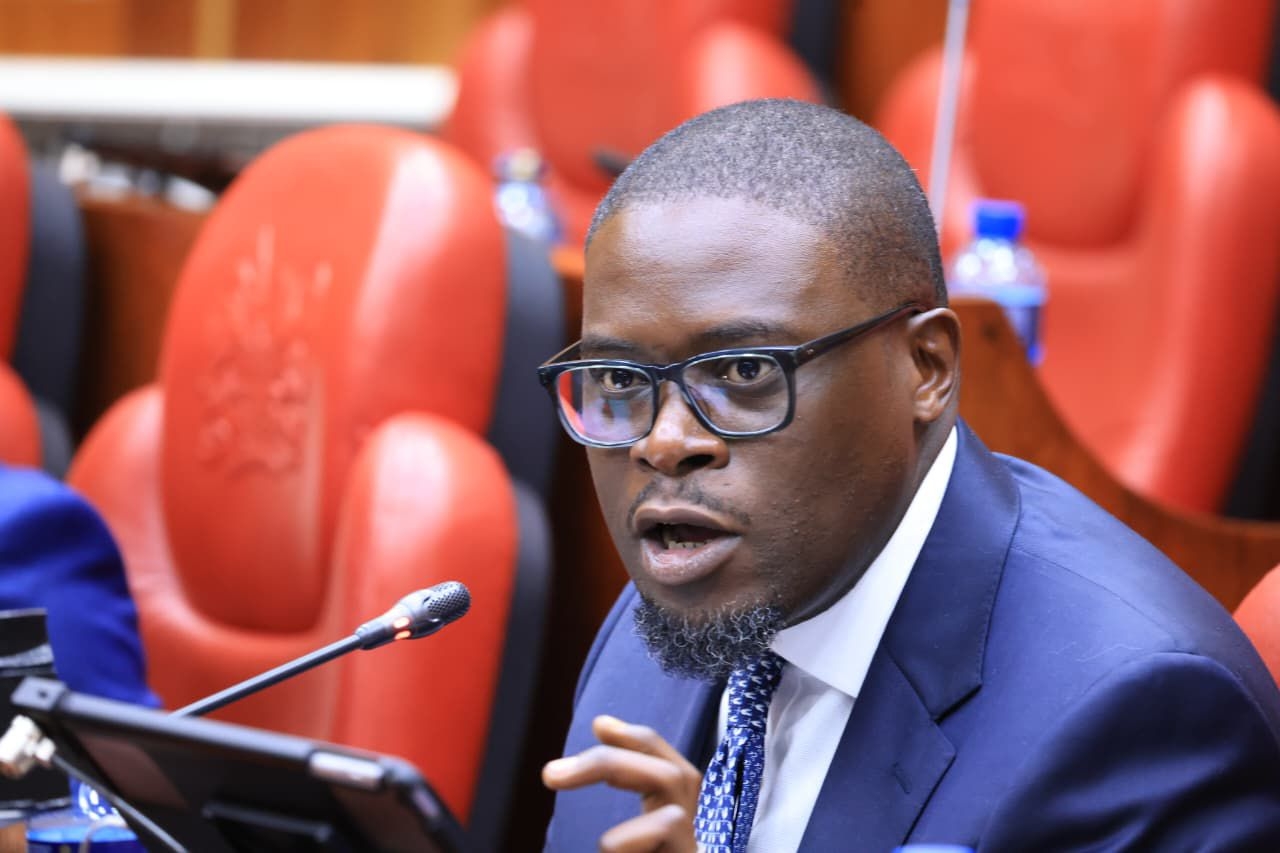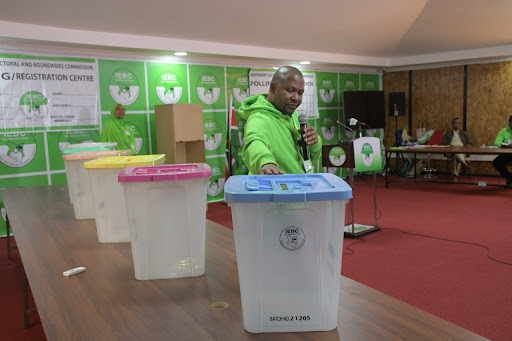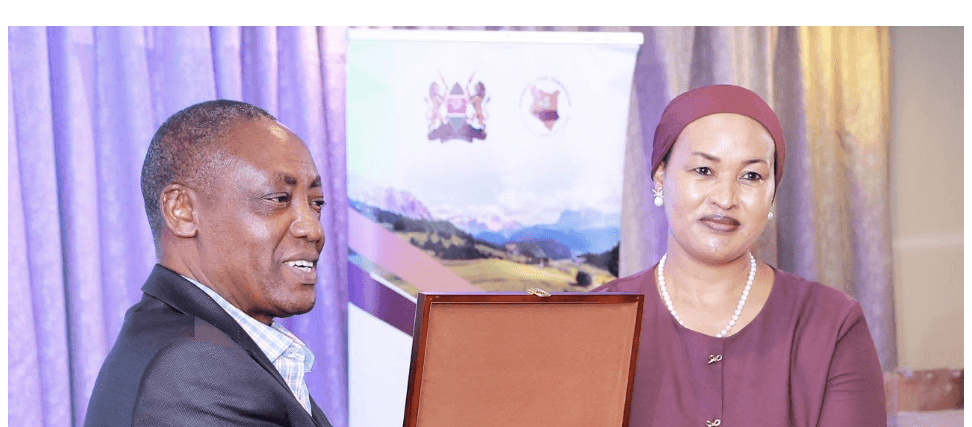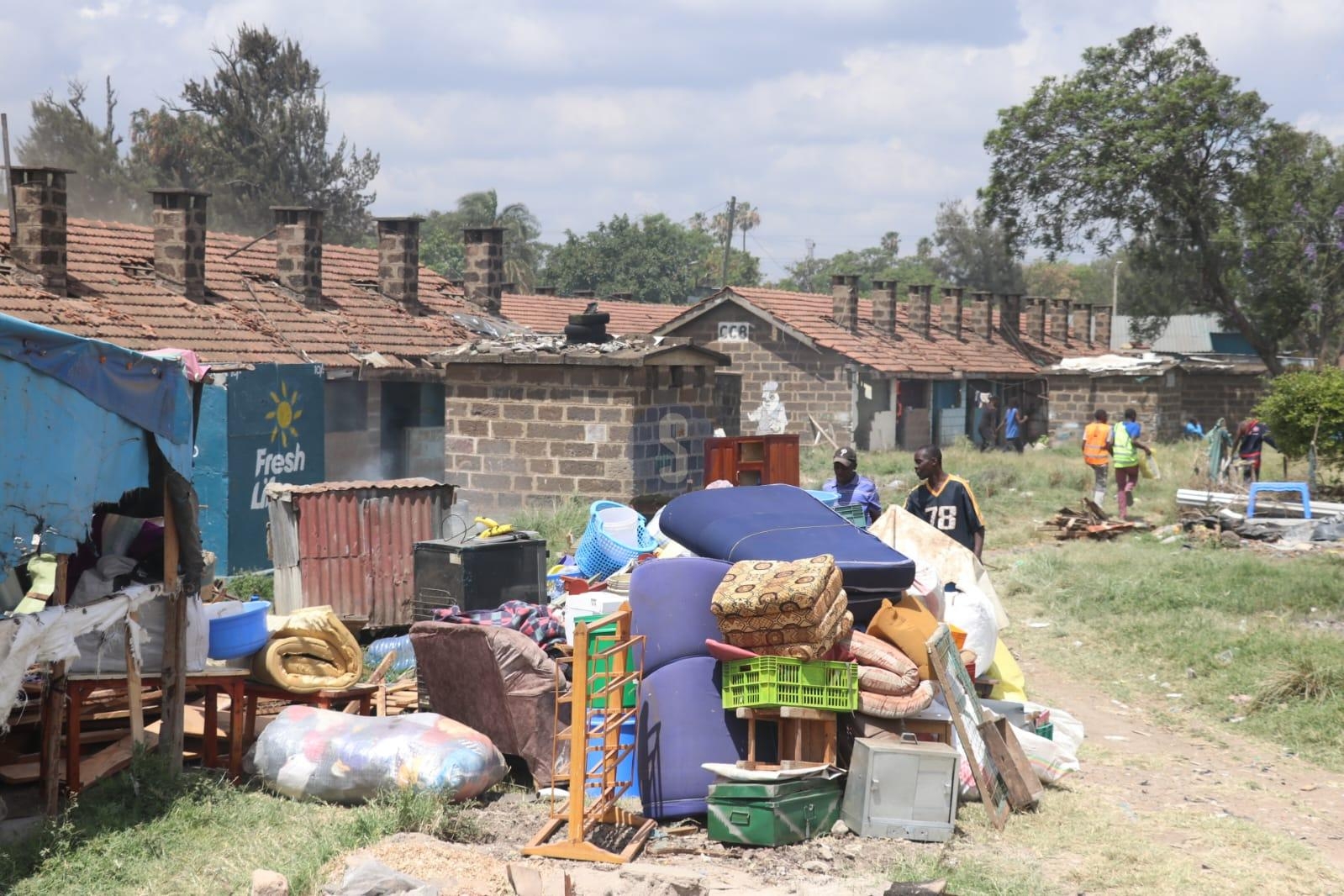A recent news item about a possible court case raised an interesting question. More interesting than the point raised in the case, actually.
The issue was how much of the Road Maintenance Levy should be given to the counties and how much allocated to the national level agencies. The Council of Governors claims that county roads were the responsibility of counties and so they should get a reasonable share, which reasonable (I claim no expertise on how much that should be).
But, I thought, “Hold on a minute: isn’t the levy ‘revenue raised nationally’ and should it not be shared between the national and county governments already, so no special share of it is appropriately allocated separately to counties?”
Revenue raised nationally
Under Constitution Article 202, “Revenue raised nationally shall be shared equitably among the national and county governments.” It adds that “county governments may be given additional allocations from the national government’s share of the revenue, either conditionally or unconditionally.”
It does not say “some of the revenue”. So what is revenue?
A traditional way to answer such a question was to go to the huge Oxford English
Dictionary. The oldest meaning is not necessarily anything to do with public money: “Income; spec. that deriving from property, possessions, trade, or investment, esp. of an extensive kind.”
However, the Concise Oxford says, “States’ annual income from which public expenses are met.”
The only major book on devolution in Kenya (by John Mutakha Kangu) says revenue includes charges for goods and services and privatisation of government assets, taxes, duties, fines, penalties, and voluntary donations. When we are talking about “revenue raised nationally,” he insists it includes “all money received by or due to the national government from all its sources”.
The Kenya Revenue Authority Act says, “‘revenue’ means taxes, duties, fees, levies, charges, penalties, fines or other monies collected or imposed under the written laws set out in the First Schedule. This definition does not seem to have changed since before the Constitution. And this definition is only to specify the power of the KRA – it does not mean that other things are not revenue.
In a recent document the Treasury distinguishes between tax revenues, and non-tax revenues, (including fees for mining, immigration). And there are ministerial appropriations-in-aid (used by the agency that collects them). These include the Railway Development Levy, the Road Maintenance Levy, the Petroleum Development Levy, the Housing Levy and University fees.
But the Treasury describes them all as “revenue.”
What did the Constitution makers mean? The phrase appears from the very first CKRC draft.
No draft, nor the Constitution as adopted, defines “revenue.” Does it just mean “tax revenue”?
But the Constitution includes under an Article on revenue raising powers, “The national and county governments may impose charges for the services they provide.”
And when it comes to counties, everything county governments raise is included as “revenue.”
The same word means the same thing wherever it appears in a legal document unless it is made clear that it sometimes has a different meaning.
Law on the meaning of ‘revenue’
This is where things get interesting. The Commission on Revenue Allocation Act defines “revenue.” For our purposes, the important thing is that it excludes charges for any services provided by the national government (Article 209) (4)). It also excludes any revenue that is not paid into the “Consolidated Fund,” or is kept by the State organ that received it for its own expenses (Article 206(1) (a).
The special funds that are excluded include the Railway Development Fund, the Petroleum Levy Development Fund, the Road Maintenance Levy Fund, a subscription Fund for the AU and other international organisations, and the Sports, Arts and Social Development Fund. In the financial year 2022-23 these collectively had incomes of Sh142 billion.
Incidentally, the Constitution says that other funds may be set up, outside the Consolidated Fund (the government’s main bank account) if this is “reasonable.”
The Controller of Budget has said, “A County receives equitable share of at least 15 per cent of ordinary revenue raised by the National Government.” But the Constitution does not say “ordinary revenue.” This, incidentally compares with language in South Africa where it is said “all revenue” is to be used to assess the equitable share.
To repeat – I would argue that all revenue should be included in what is to be shared. There is nothing in the Constitution to say otherwise.
Does it matter?
You might think it does not. If an organisation receives money and spends it all on its activities, then you might think that money ought not to be available to be shared with the counties.
But a particularly important point is that counties are entitled to a minimum 15 percent of revenue raised nationally. It is true that what they actually get is somewhat more than that. But if the figure for total revenue used is in fact significantly less than it ought to be, the magic 15 percent will be less than it ought to be.
In additional there is the Equalisation Fund which is a fixed 0.5 percent of the total revenue received.
There is another aspect. All the expenditure that now is met from special funds could be paid for through ordinary taxes, which would be paid into the Consolidated Fund, and this would be the approach in many countries.
The Kenyan government (through law passed by its compliant Parliament) can quite easily take heads of revenue out of the “revenue raised nationally,” and put their income into a special fund, away from any risk of being shared with counties. The income allocated to them is mostly sums to be paid for importing or exporting goods and other things that are obviously revenue.
Perhaps government hopes this will obscure their nature. They are called ‘levies’ – but this does not change their nature. They are taxes.
Other ways counties have been deprived.
We are not just talking about delays in transfers to counties here. There are ways in which counties have arguably been deprived of money that ought to have gone to them.
Article 203 has a list of things to be taken into account to fix the division of revenue between the national government and the counties. Things like the “public interest” and the need to repay the national debt. Government has treated these not as factors for deciding how much of the revenue will go to each level of government, but as identifiable amounts to be deducted from the revenue to arrive at the “shareable revenue.” The courts have recognised this as wrong.
Yet the practice continues – judging by the 2023 Division of Revenue Bill. We find the Commission on Revenue Allocation estimated the amount to be shared in the 2023 Act as Sh2,566 billion, close to the government’s own figure for revenue (excluding the sort of thing we began with – allocations-in-aid, which I have suggested should be included). But the government allocated itself (in the Bill) amounts for public interest, debt repayment and other elements and the balance was the shareable revenue (only Sh539,790 million).
But the Constitution has no concept of “shareable revenue.” And the court pointed out that “public interest” is not something for the national government alone. It is not specific activities: everything should be in the public interest.
A continuing practice is the slowness of Parliament in approving audit reports. The Constitution says it must consider the Auditor General’s reports within three months after receiving them. But in 2023, for example, the most recent one approved was from 2019-20. Usually this will reduce the total because generally the national revenue increases year on year. As it happens, the total collected in 2020-21 was less than in 2019-2020 (Covid-19, no doubt).
A final thought: national politicians are constantly promising that they will increase the percentage that goes to counties – 35 per cent or even 45 per cent have been mentioned. What new tricks would they devise to deprive the counties?





